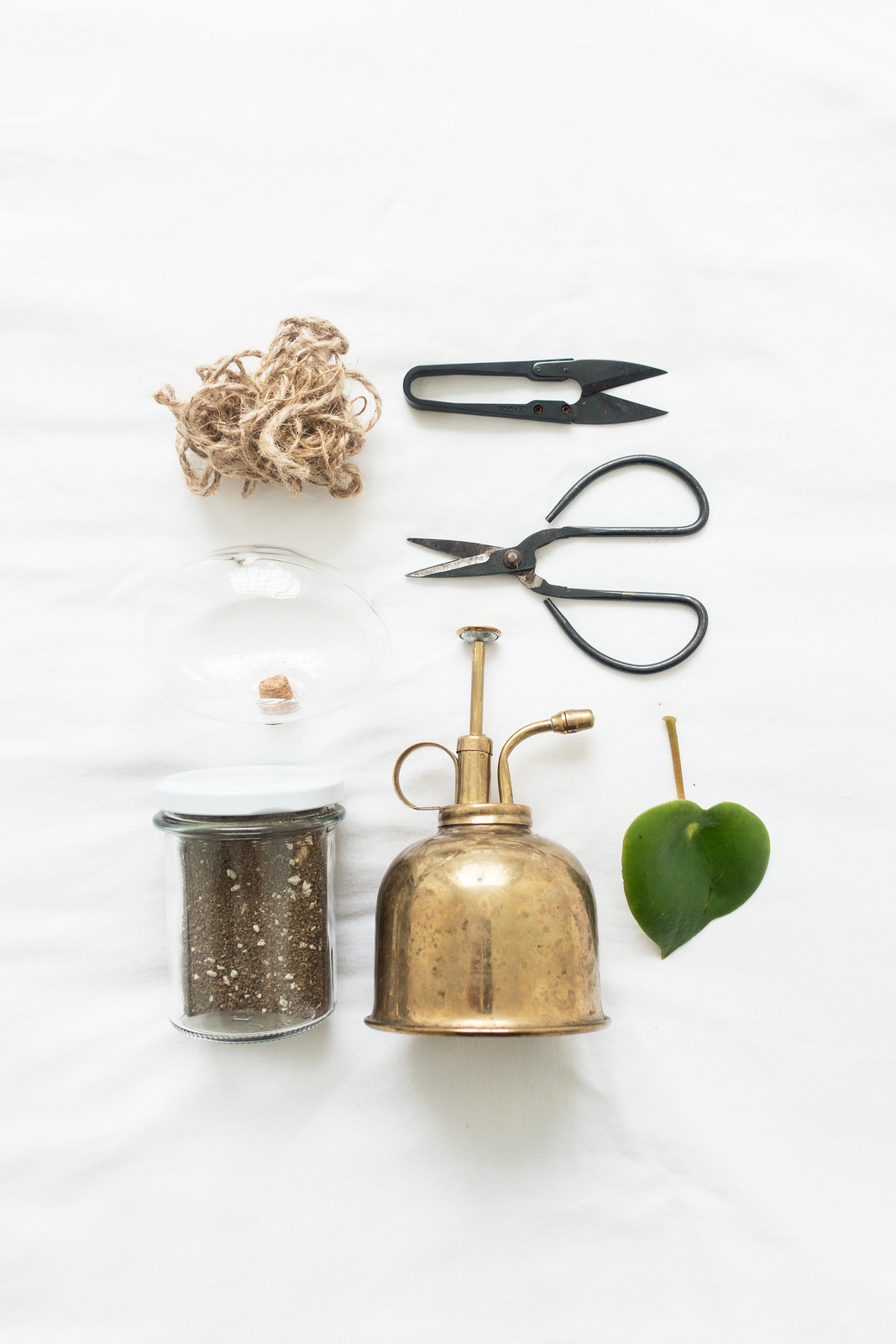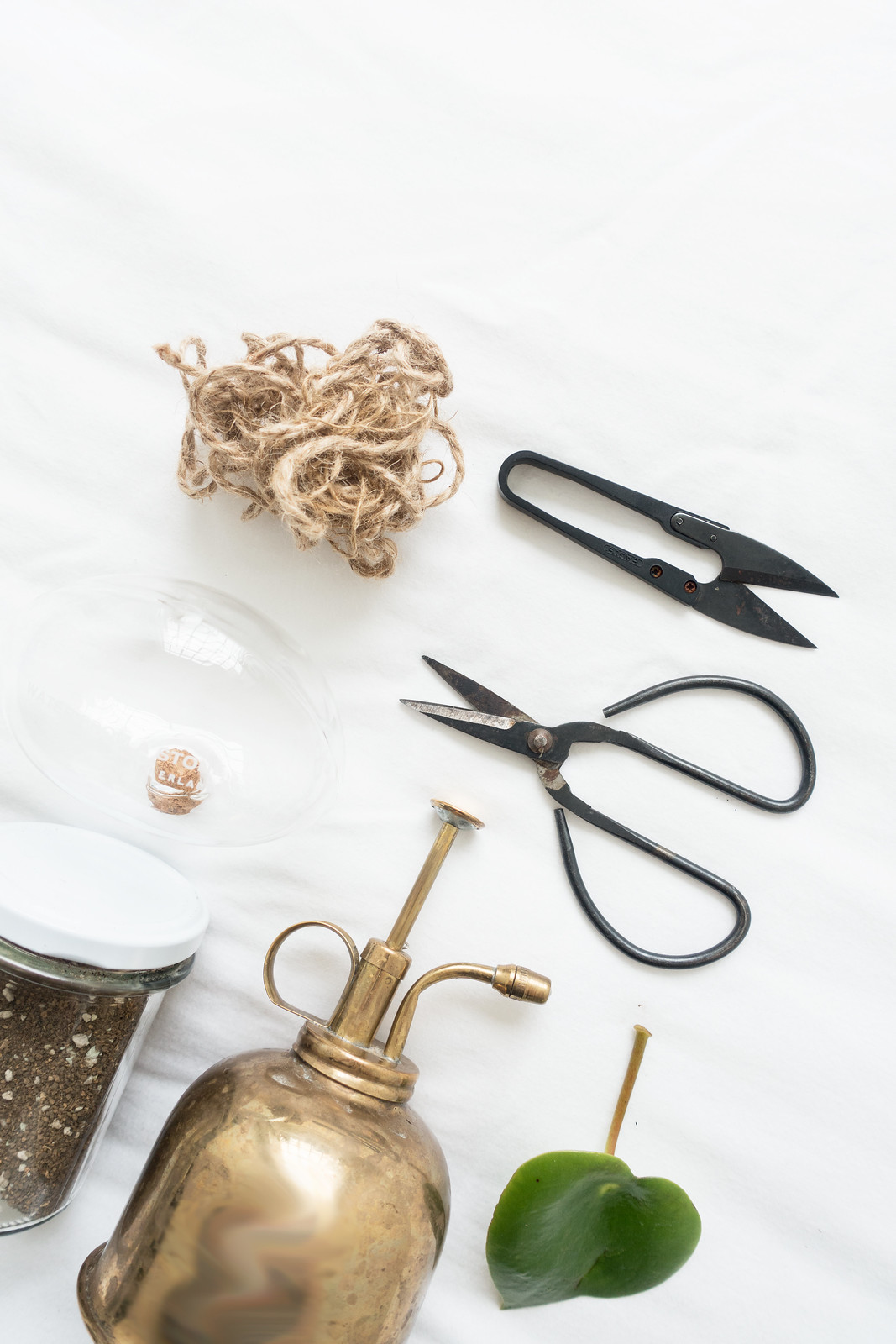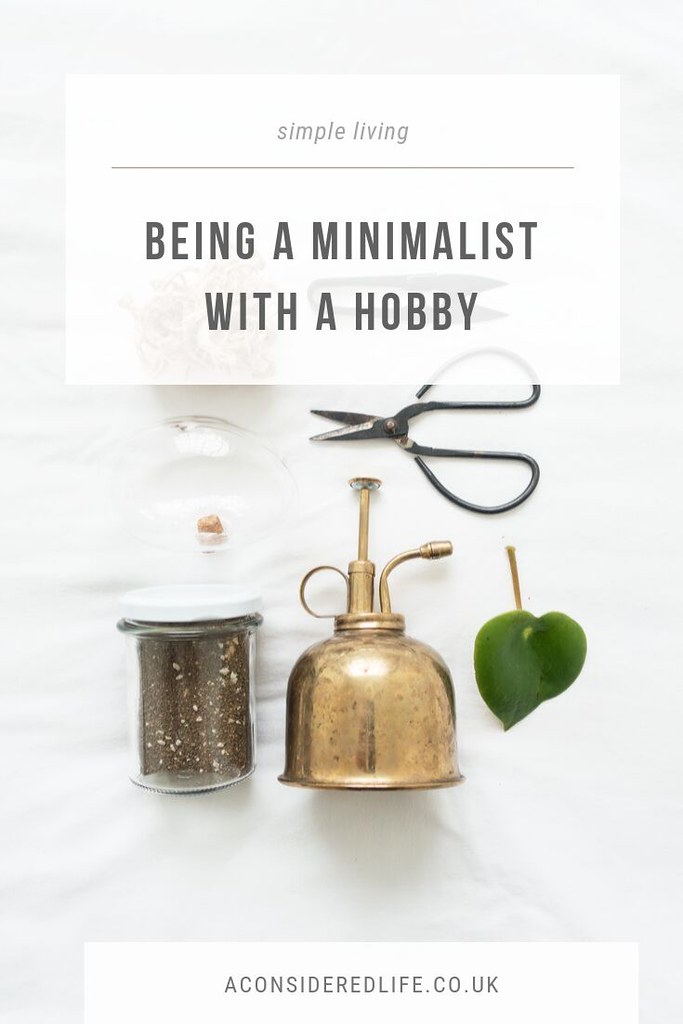
It’s easy to feel shamed by other minimalists for owning things that serve no functional purpose and are not considered essential necessities. The Minimalists say collecting is dangerous and for spartan minimalists, the idea of having a hobby is the antithesis of minimalism. Hobbies and collections can feel off-limits to the new minimalist. Yet minimalism is about mindfully choosing what we have in our homes. If we have a collection that brings joy we should keep it.
There’s a difference between being an intentional collector of something and an unintentional hoarder of everything; between accumulating stuff and creating a collection. The difference between a collection and clutter is intention. It’s important to be mindful of why we’re collecting what we’re collecting. A collection, even a small one, that is rarely used and gathers dust doesn't fit in with the minimalist lifestyle. If each item has been chosen with thoughtfulness and kept with intention, that’s something worth keeping.
Why do so many of us collect specific things – even minimalists? Why do we give so much meaning to our belongings? Perhaps it’s because they bring us joy and enrich our lives. I am a house plant collector. I’ve been interested in plants for several years and I have quite the collection. I spend a lot of my time taking care of them; they’re used in my home decor and are part of my daily ritual.
We shouldn’t feel shame (or be shamed) for the passion we have for a hobby. We should be free to explore those interests and allow them to flourish. Often there are physical items that go along with these interests. Whatever you choose to bring into your home, enjoy it without guilt. Being mindful of the things we choose to bring into our lives and occasionally reviewing our approach is all that’s really required to be a minimalist with a hobby.

Make Room
There are plenty of hobbies that require us to own very little in order to participate in them. Hiking, reading books (from a library), writing, drawing, learning a new language. But when we're passionate about something, it's only natural we want to immerse ourselves in the enjoyment of it, and that's when we start to dig a little deeper and become more involved; collecting the tools and objects that help us pursue our interest.
The idea of minimalism is being mindful and having things that are truly meaningful to you. Minimalism isn't about whittling our belongings down to zero possessions; it's about being intentional about the things we keep. If you have a collection or hobby: use it, display it, enjoy what you love. By making your hobby or collection a present part of your space (rather than hidden away under a bed or in a cupboard) it becomes part of your life.
My home is covered in plants. I keep the tools I use and books I read out on display not hidden away in cupboards and drawers. I want my home to be a reflection and extension of myself and keeping these objects of interest out in plain sight incorporates them into my daily life.
Edit and Review
Practice minimalism by being conscious of what tools, equipment, or objects you really need and use. Be mindful of preventing your hobby from becoming a source of clutter. As your collection grows or your interest wains, parts of your collection may eventually become clutter as you stop loving it or using it as much as you used to. If that becomes true for you, sell off pieces of your collection you don’t want or need and let go of excess supplies or tools. If you’re keeping hold of things you don’t use or appreciate, you’ve slipped into the realm of hoarder rather than collector.
Don’t go all-in on something on a new interest until you’re certain it’s something you can commit to and your enthusiasm will last. If you try a hobby that ends up not being for you, declutter and donate without hesitation; don’t allow materials or equipment to hang around. There's no shame in deciding something isn't for you.
I regularly declutter my plant collection (to the horror of other collectors). I pass on plants I no long enjoy looking after and have boundaries for how many I buy. I try to only buy only the tools, equipment, or books I really need when I really need them, and purchase second-hand wherever possible. If you edit and review regularly, your collection won't become clutter.
Let Go
Collections can grow out of control. Hobbies start with enthusiasm and often get abandoned. Collectors and hobbyists alike get bored, lose interest, and move on to something else. Letting go of the things we once loved so much can be painful. There's plenty of guilt and sentimentality that can be attached to prior pastimes and hobbies especially when we've invested so much of our time and money into them.
We have to be honest with ourselves and accept that sometimes the things we loved have lost their meaningfulness or relevancy and we have to accept that the aesthetic or emotional connection isn't enough to keep them for the sake of it, especially if they’re causing our homes to become cluttered. Selling these things makes it a bit easier; recouping money we might have otherwise lost is a good motivator for letting go.
If you notice you no longer participate in a hobby you once loved, let go; move on. There is no one right solution for everyone, though, other than to be honest about what is truly meaningful and relevant to you. If you have a collection of musical instruments you no longer play, a library of books you do not read, hiking or gardening equipment, unfinished craft projects or supplies, or a collection of things you never look at. Perhaps it's time to let go and move on.

